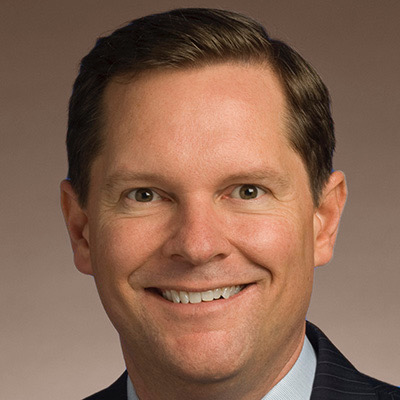By Michelle Price
Special to the UCBJ
NASHVILLE – As this year’s legislative session gets into full swing, Tennessee Speaker of the House Cameron Sexton, a Republican out of Crossville, sat down with the UCBJ to explain how he looks to tackle a number of diverse issues such as education, criminal justice reforms, entitlement programs and healthcare reforms, while protecting and promoting business in the state.
Protecting business from the government is one of Sexton’s top priorities. He noted how easily delays in normal processes can negatively impact businesses. Sexton’s focus will be on ensuring that the state departments are working efficiently and not holding up necessary processes, causing delays and adding additional costs due to delays in projects.
Sexton also plans to look at excess state revenues and see if the Legislature should reduce business taxes.
“There’s a lot of opportunities there, so we’ll take a look,” said Sexton. “The main thing is understanding that any time government does something, it’s not always in the best interest of business and trying to limit (those negatives) as much as we can.”
Healthcare was another topic Sexton predicts will be hot this session. Telemedicine, modernizing the certificate of need process, developing an all-payers claims database and removing barriers for Tennessee hospitals are all on the table this spring.
Sexton sees telemedicine being a lifeline for people in rural areas that are sometimes an hour or more away from the nearest provider or specialist.
“In rural areas, we may not have the providers or the specialties that we need,” Sexton explained. “We’ve been fighting insurance companies for a long time about telemedicine, and they’ve been opposed. But if you allow technology and innovation to come in, you can have people do telemedicine and not have to drive an hour to go see a doctor or specialist; they can do it at home, which helps with productivity and helps with work time.”
Sexton also wants to streamline the process for certificates of need that currently limit where hospitals, clinics and outpatient surgical centers are allowed to locate.
“It shouldn’t be okay for people to have to drive an hour for a service when someone is willing to put it in their rural county,” Sexton shared. “We’re trying to look at how we can balance the right for why you need a certificate of need with the balance of the open and free market and how that affects rural counties.”
There is also an issue with healthcare cost reimbursement disparity in the state. In rural areas, physicians can do a procedure and receive $500, but in a big city, the providers get $1,500 for the same procedure.
“Why is there a disparity? Why are you penalized for being a rural provider compared to a city provider?” asks Sexton.
Criminal justice reform will be under the spotlight this term, with the focus on truth in sentencing – meaning if you are sentenced to serve five years, you would actually serve five years, not two years like under the current system.
Education and improving reading proficiency levels are a big focal point. Fourth-grade reading levels are below where they should be, and the focus will be on better funding for early childhood reading programs and what additional changes can be made to improve reading skills.
The Temporary Assistance for Needy Families (TANF) program is another area where the state is looking at ways to determine its vision for the program. They must decide what their goals are, and how they want to spend the money to achieve those goals so that they are not just spending money to be spending it, according to Sexton.
“We’re really trying to figure out how we can better serve that population to get to self-reliance instead of relying on government assistance,” Sexton said.
Current problems include the “leap of faith” that single mothers must take when they reach a certain income level, and all of their government assistance is immediately stopped. Legislators must figure out how to bridge that gap so that parents can get back in the workforce as full-time workers and parents.
Childcare and transportation costs are the two biggest costs for these parents, and the state has left money on the table that these parents need desperately.
According to Sexton, he recently learned that there is a pot of money the state hasn’t been using, and $300 million that could have been used for childcare was returned unused to the federal government.
“I think there are things that we can do to help people get back into work, instead of having the system set up which currently disincentivizes work,” Sexton concluded.
Sexton said that the TANF issue couldn’t be solved entirely in two to three months, but a group of legislators will report back to the Legislature as a whole on Feb. 1 with short-term plans that could start toward reaching the goal.
The 111th General Assembly reconvened Jan. 14 in Nashville. Sexton was elected as the 83rd Speaker of the House of Representatives in August 2019.









